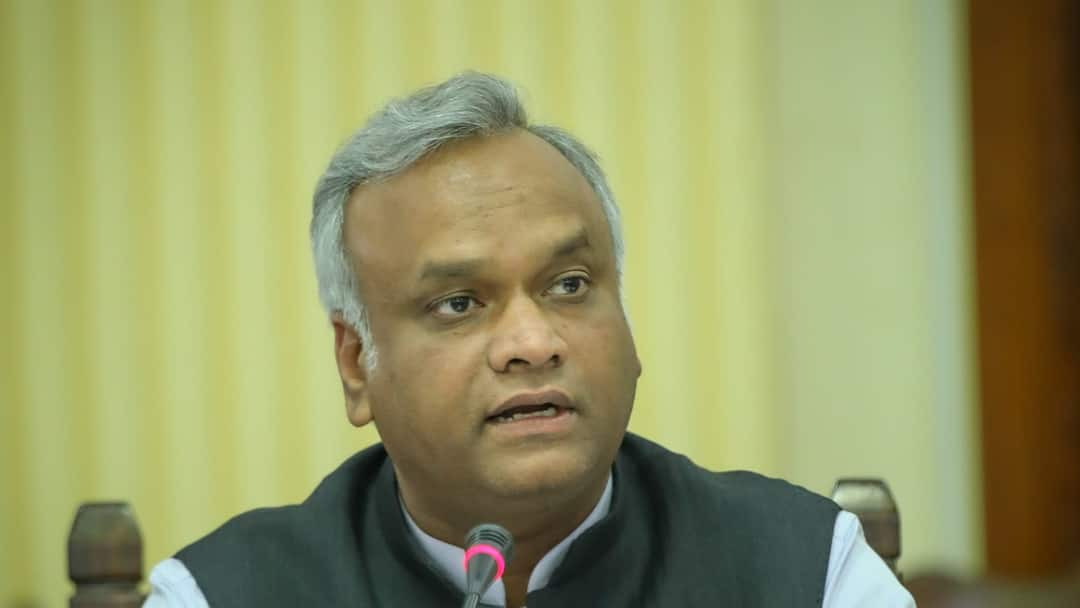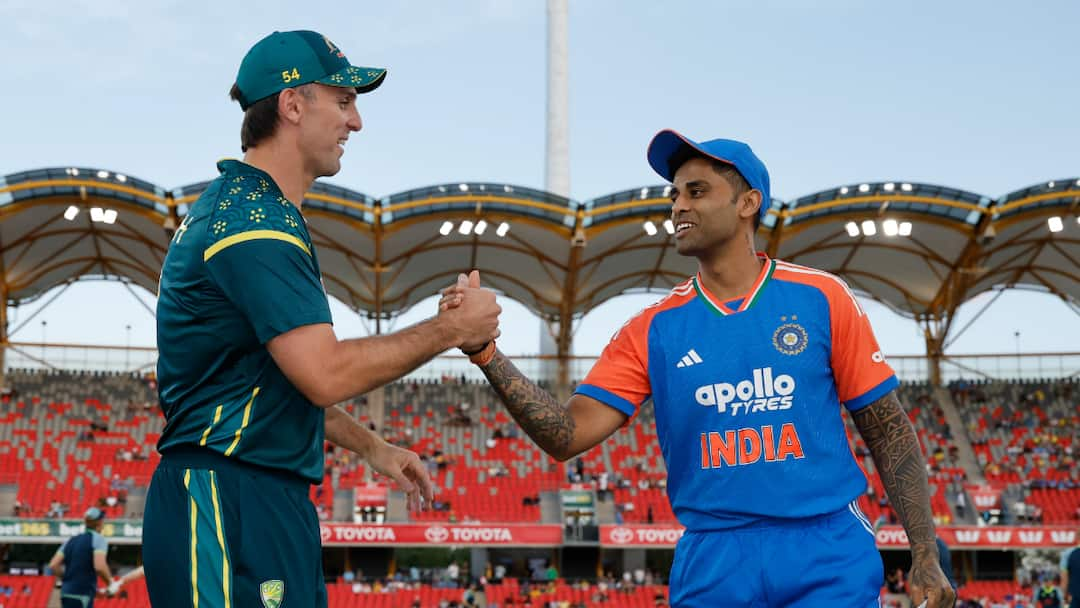Karnataka BJP MP Vishveshwara Kageri has stirred controversy after claiming that India’s national anthem, Jana Gana Mana, was originally written to welcome British officials, arguing that Vande Mataram should have been chosen as the national anthem instead. Speaking at an event in Honnavar marking 150 years of Vande Mataram, Kageri said that “our ancestors” decided to retain both songs, even though Jana Gana Mana was “written to welcome the British.” His remarks immediately sparked political backlash, with Congress leaders accusing the BJP of distorting history for ideological gain.
‘WhatsApp History’ Lesson: Priyank Kharge
Karnataka minister and Congress leader Priyank Kharge sharply rebuked Kageri’s statement, calling it “utter nonsense.” In a post on X, Kharge said, “Another day, another RSS ‘WhatsApp history’ lesson. MP Kageri now claims our National Anthem is British. Utter Nonsense.” He pointed out that Rabindranath Tagore wrote Bharoto Bhagyo Bidhata—whose first stanza became Jana Gana Mana—on December 11, 1911, and that it was first sung at the Indian National Congress session in Calcutta on December 27 that year, not as a tribute to King George V.
Another day, another RSS “WhatsApp history” lesson.@BJP4Karnataka MP Sri. Kageri now claims our National Anthem is “British.”
Utter Nonsense.
•Sri. Tagore wrote the hymn Bharoto Bhagyo Bidhata in 1911; its first stanza became Jana Gana Mana.
•it was first sung on 27 Dec… pic.twitter.com/oimSw8IQvl
— Priyank Kharge / ಪ್ರಿಯಾಂಕ್ ಖರ್ಗೆ (@PriyankKharge) November 6, 2025
Kharge further noted that Tagore himself clarified in 1937 and 1939 that the song celebrated the “Dispenser of India’s destiny,” not any monarch. “It could never be George V, George VI, or any other George,” he said, urging BJP and RSS leaders to “revisit real history” and read their own publications, which, he alleged, show a record of disrespect toward the Constitution, the Tricolour, and the National Anthem.
This is not the first time Jana Gana Mana has faced such misinterpretations. Historians have repeatedly explained that while the song was written a day before the Delhi Durbar of 1911, it had no connection to the event. Tagore’s clarifications and subsequent performances—such as at the Adi Brahma Samaj foundation day in 1912—firmly established it as a patriotic hymn, not a colonial tribute.


